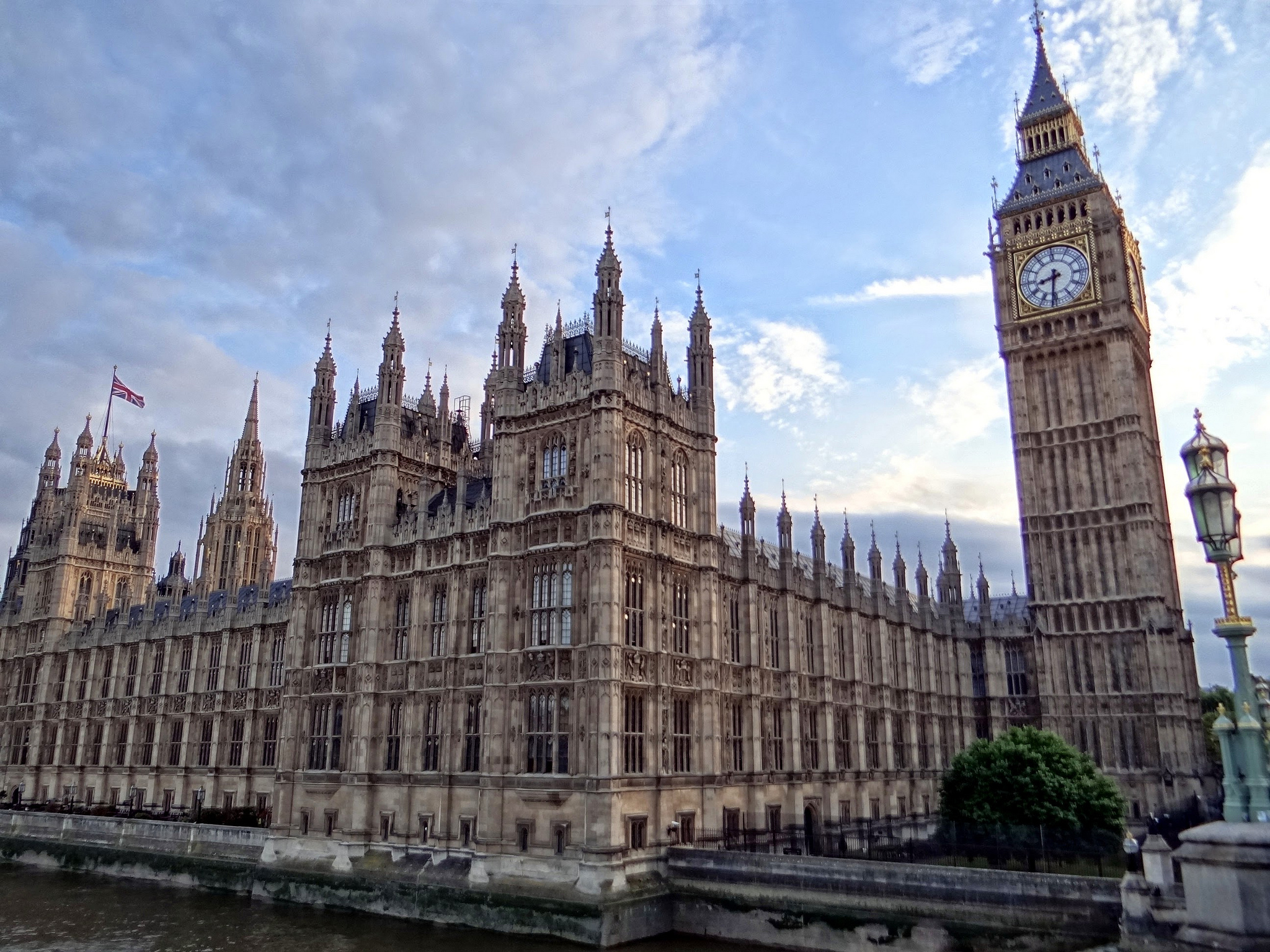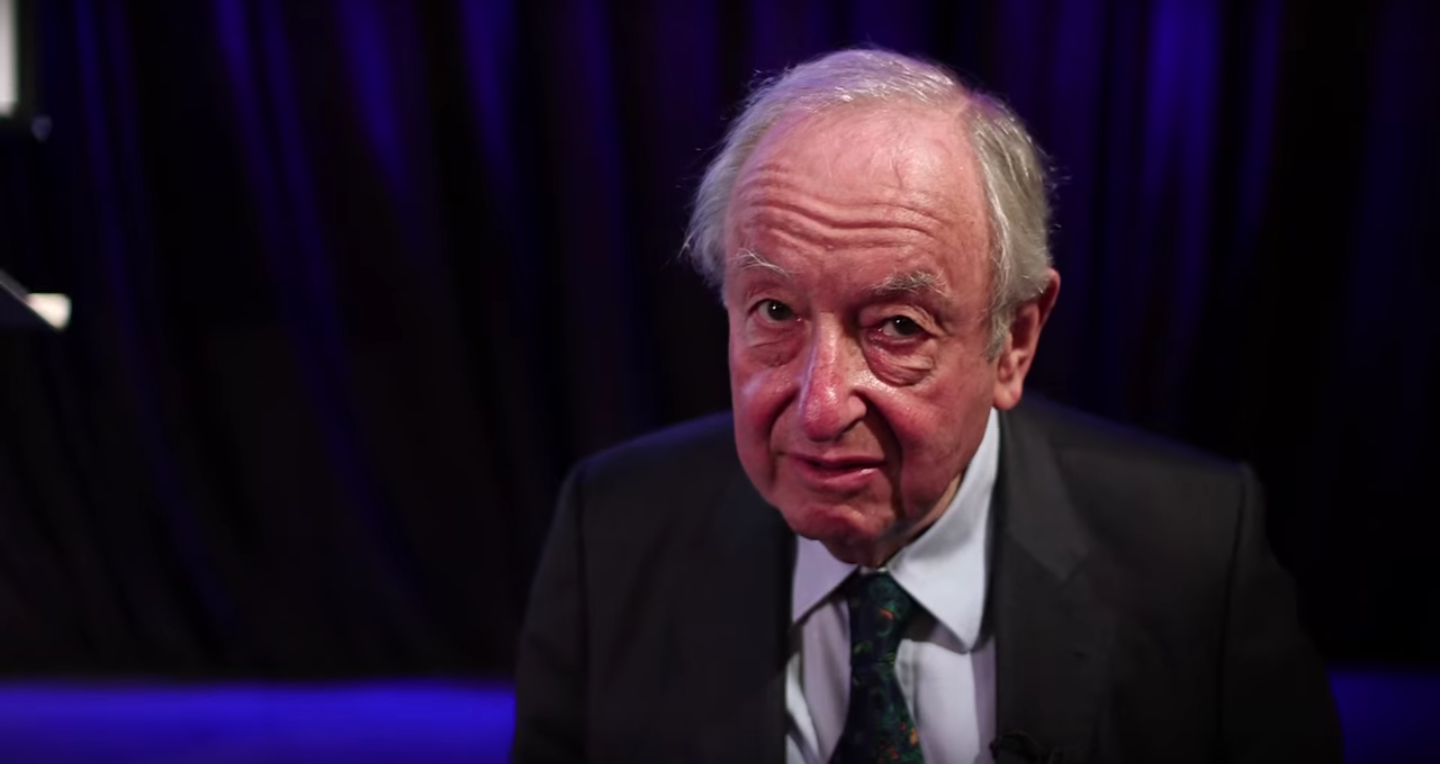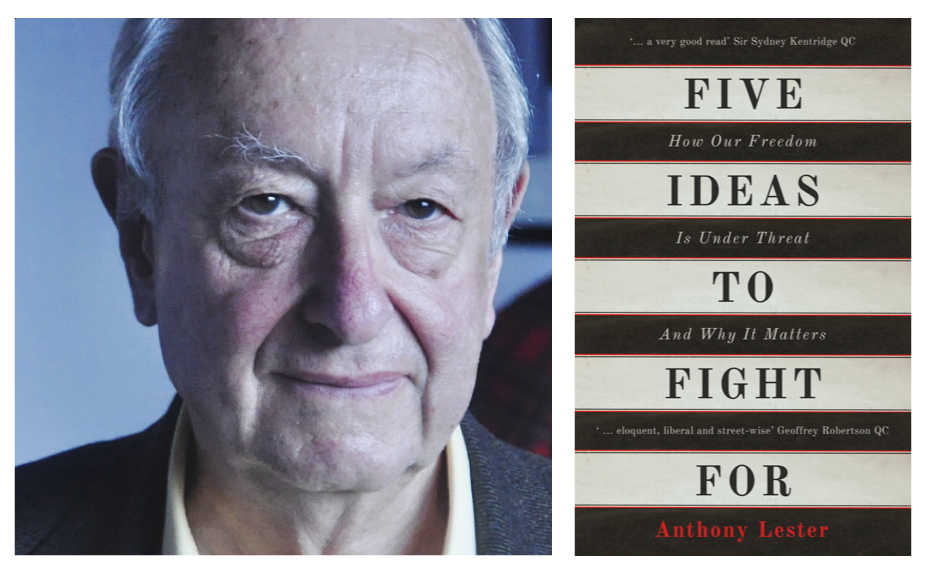paWhat values would you stand up for? In his new book Five Ideas to Fight For distinguished British barrister Lord Anthony Lester QC argues that human rights, equality, free speech, privacy and the rule of law are being attacked and we need to take a stand to defend them.
Some politicians call human rights ‘obstacles to dealing with criminals and terrorists’, and ‘a threat to UK sovereignty’. These objections need to be taken seriously, says Lester, but vulnerable minorities also need to be protected. So how do we strike the right balance?
Equality

Lester begins with a personal account. A child of Jewish parents, Lester discovered the unfairness of discrimination through learning of the oppression and genocide of Jews during the Holocaust. Lester’s grandparents were refugees, who were ‘shy about admitting their identity because of English anti-Semitism’ (which is prejudice or discrimination against people of the Jewish faith). The principle of equality ‘is a universal right of humankind’, Lester says.
Lester asserts that hidden forms of discrimination are prevalent in employment, housing, education and public services. Lester sweeps through changes to discrimination law relating to disability and sexual orientation. He also highlights several modern challenges to equality, such as the gender pay gap, homophobic bullying and discrimination in schools, the lack of equality for unmarried couples, and unfair treatment of asylum seekers.
Free speech and privacy

Free speech is a more difficult area. Lester provides an account of the laws protecting freedom of speech in the UK. He addresses the right to say things which may offend others, an intensely debated topic since the massacre at Charlie Hebdo.
‘Privacy and free speech jostle for protection’, he says. Privacy rights sometimes also have to battle with the public interest in national security. Lester explains how privacy was infringed in the recent phone hacking scandals, which led to Lord Leveson’s recommendations for press regulation in 2012. ‘It is a world in which dog eats dog and the public reputation of journalists and politicians is as low as it gets,’ Lester says.
Lester is equally damning of state surveillance. He argues that ‘Britain tilts too far towards a closed society. Through excessive secrecy… the security and intelligence agencies and their political masters have sapped public confidence in their vital work’. On Parliament’s review of investigatory powers, Lester opines, ‘I do not share the purist libertarian view that the state has no business snooping on the private affairs of individuals… however, firm limits must be written into our law – not merely safeguards, but red lines that may not be crossed’.
Rule of law (the idea that laws should guide and govern what we do)

Lester’s final plea calls for action to protect the rule of law. ‘Our system is in urgent need of repair,’ he says. How are we to achieve this? One way is through real engagement with policies that impinge on people’s ability to realise their legal rights. There is evidence that taking action to change the system really can make a difference. For example, campaign groups Rights of Women and the Public Law Project have recently led successful court challenges to government measures restricting access to justice, which proves Lester’s argument: change is possible through active engagement with the law.
What does the future hold for human rights?

Lester’s concluding remarks remind us why the public needs, now more than ever, to engage with human rights: ‘there is no political appetite to strengthen the ability of the courts to call their governments to account, or to improve access to justice’. In the face of policies which may undermine equality, the rule of law, freedom of speech and privacy, ‘the legal process can and should be used as an instrument of social transformation’.
The book is passionate, informative, entertaining and highly accessible. Against the backdrop of the media’s tendency to demonise human rights, and the resultant void in public understanding of why human rights matter, this book takes a very welcome stand for the protection of our fundamental freedoms.
Lord Lester’s book Five Ideas to Fight For: How Our Freedom is Under Threat and Why it Matters is available to purchase from 5 May 2016.
Share this post if you too believe human rights are worth fighting for.
You can read more about equality, freedom of speech, privacy and justice with our RightsInfo resources – just click the links above. You can also learn about what human rights do for all of us with our interactive infographic and our awesome two-minute animation.







